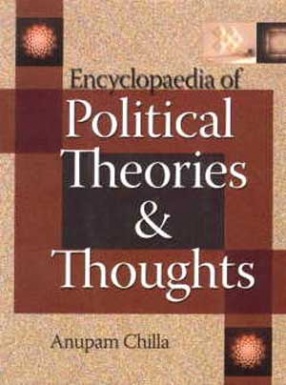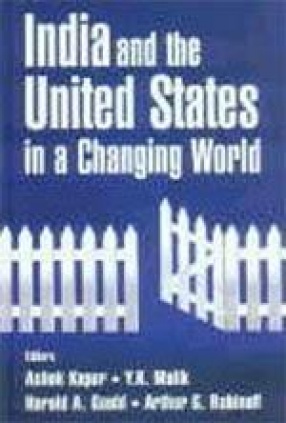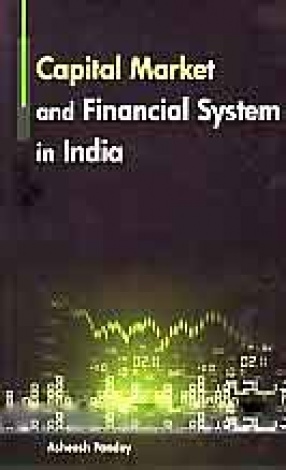Encyclopaedia of Political Theories and Thoughts (In 2 Volumes)
In stock
This Encyclopaedia carries between its covers the theories and thoughts of about 63 prominent philosophers who made an impression on political life of nations and races. Chapters open from the political thoughts of early China telling about opposites in Confucius and Mozi, extending the Confucian school to Xunzi and go to the foundation of western political thought tracing. Socrates to Plato for analogies, discards and problems of thought and then proceed to the scientific methods of Aristotle.
In Indian context Political and Economic Thoughts (Niti and Artha) of Chanakya are addressed while talking of Cicero's vision of selflessly ruled republic in Rome and Al-Farabi's Utopia of a virtuous society. Then the chapters refer to Moses Maimonides, William of Ockham, Machiavelli and Martin Luther and Calvin's reform movement before Francis Bacon's Truth, Utopia, patriotism and religion. Hugo Grotius, Thomas Hobbes, James Harrington are followed by enlightenment Thinker John Locke.
No study of political thought could be complete without David Hume, Rousseau, Immanuel Kant, Adam Smith, Burke, Paine, Jefferson, Jeremy Bentham's Utilitarianism, Marx's socialism followed by Hegel, Fourier, Gramsci. After Marx, a number of modern political thinkers of 20 century have been included who have reinvented old schools or adapted radical view on things political, social or economic.
Only a brief account of thinkers personal life and career has been included in the chapters which helps the reader in understanding the genesis of their thought, teachings and practices. Apart from the students of political science, this book shall prove an important reference for all those who become interested in the process of development of human thought and philosophy.





There are no reviews yet.